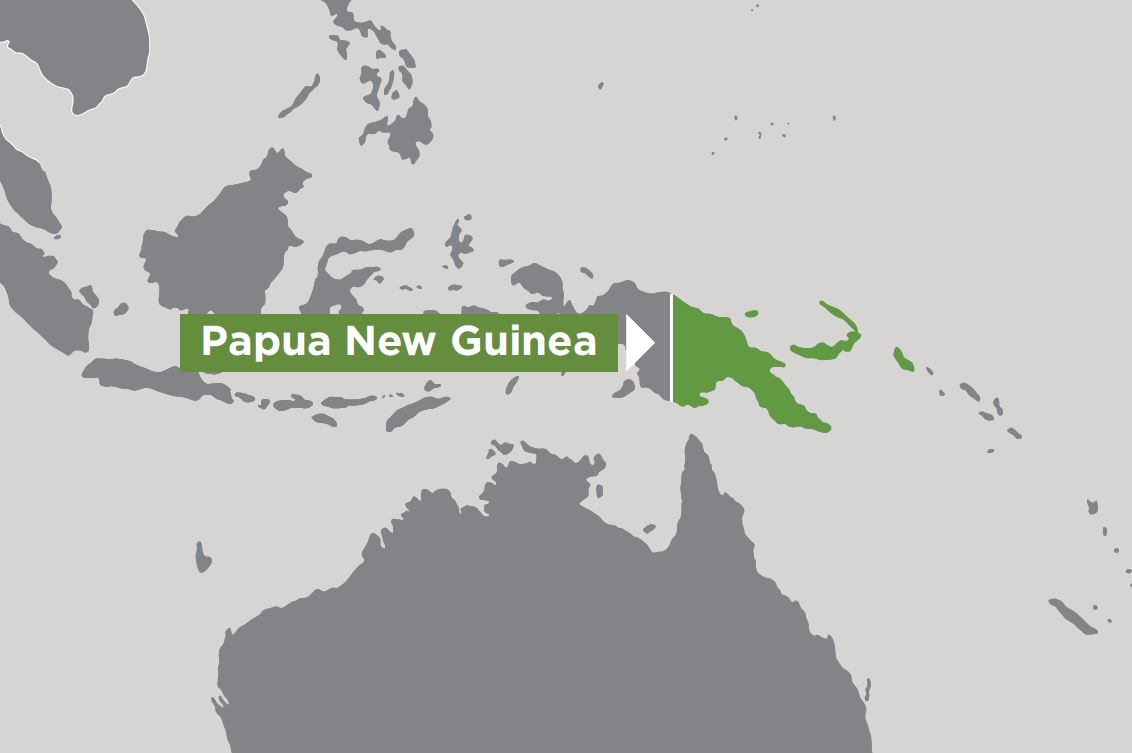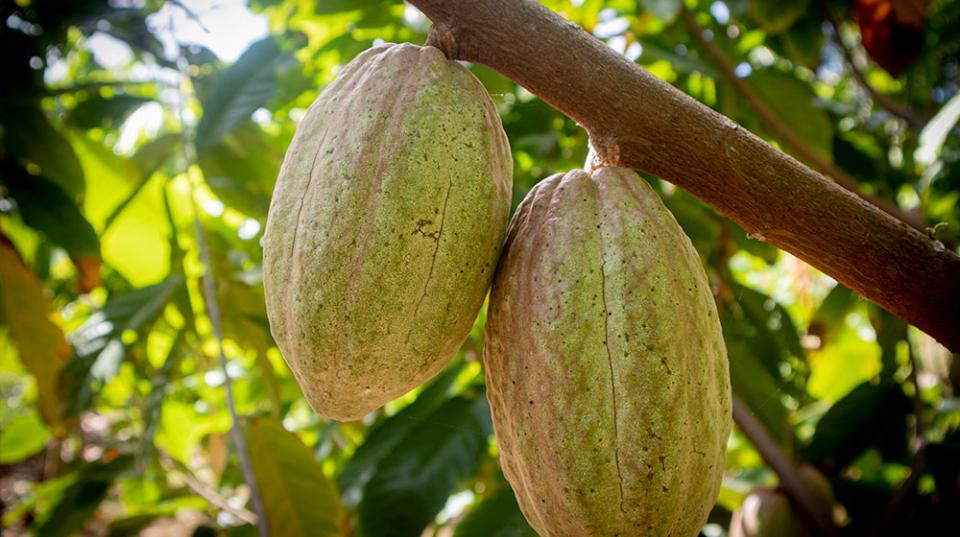Overview
This project aims to develop scientifically robust and actionable advice on options to sustainably manage soils in cocoa smallholdings in Papua New Guinea (PNG) and support the ambitions of the Cocoa Industry Strategic Plan 2016–25.
Cocoa is one of the most significant cash-crops for smallholders in PNG, earning over 90 million dollars annually by producing around 36,000 tonnes, two-thirds of which are produced by smallholders. Reflecting this, the PNG Cocoa Industry Strategic Plan 2016 – 2025 (CISP) has set an ambitious target of 310,000 tonnes of annual cocoa exports by 2030. Achieving this requires approximately an 8-fold increase in production based on current outputs and is constrained by low average yields, limited opportunity for expansion and competition with other commodities for land use. However, opportunities exist to support the PNG Cocoa Industry's ambitions by tackling soil conditions and capability constraints on cocoa production.
In Phase 1 of this project (SMCN/2014/048) efforts focused on establishing reliable and locally supported experimental field sites to explore the use of green waste management as a source of soil nutrients for cocoa, and capacity building in soil sampling, analysis, and interpretation.
Specifically, Phase 2 aims to develop scientifically robust and actionable advice on sustainable site-specific soil management strategies for cocoa smallholdings in PNG.
Expected project outcomes
- Evaluating the efficacy of conventional and novel soil management options to improve the soil’s condition towards intensified cocoa farming,
- Determining the regionally specific opportunities for sustainably developing and managing cocoa soils, with a particular focus on lifting the status of women smallholders,
- Determining the implications of alternative soil management options on the development of cocoa qualities of market concern, and
- Developing scientifically rigorous and actionable management strategies that can be promoted through public and private extension networks and adopted and adapted by cocoa smallholders.
Summary of outcomes to date
2021–22
- The inception meeting for the project was held on the 14th and 15th of July 2022, which has delayed the start of some of the activities of the project.
- The project team have evaluated and begun developing a project timeline and attribution of responsibilities for the 1st year of the project. A significant focus has been placed on developing criteria and principles for the selection of the trial sites, which should remain a legacy for ongoing capacity building at the conclusion of the project
- At the inception meeting and during 2 follow up workshops held online in August, the project team worked through the schedule refining the monitoring and evaluation related to the broader goals of the project.
- Training has begun for the project team on the Family Farm Teams approach.






